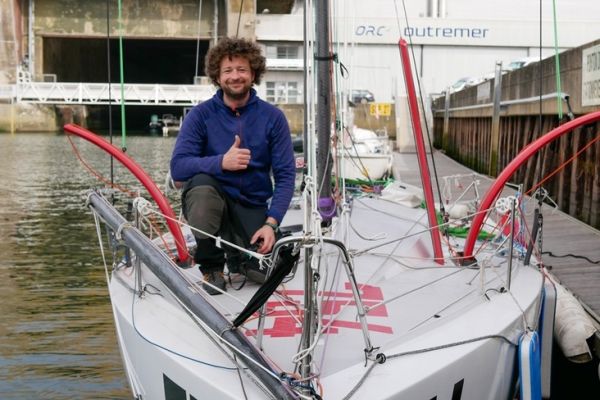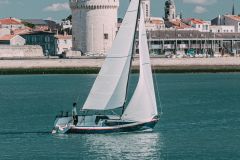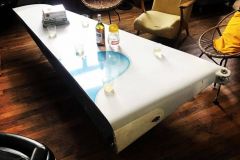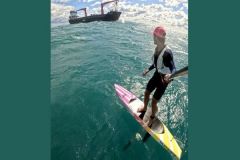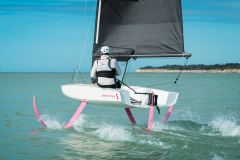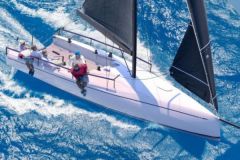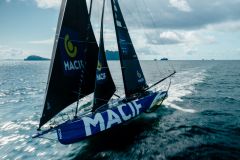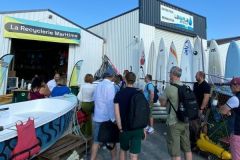An innovation born of ocean racing
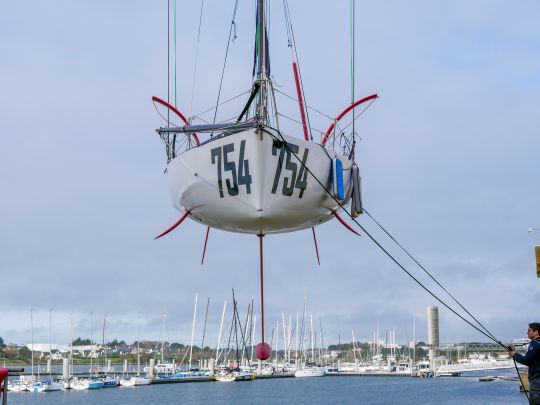
Ocean racing is often a laboratory of innovation for the nautical industry. This is precisely the dynamic that gave rise to the Minilab project, initiated by Adrien Marchandise. The skipper, committed to an eco-responsible approach, took the gamble of equipping his Mini 6.50 with fully recyclable foils. Designed to be both high-performance and environmentally friendly, these new-generation appendages aim to reduce the ecological impact of competitive sailing.
With a full-scale test, the project aims to demonstrate that ecoperformance is not incompatible with the demands of ocean racing. "These tests are essential to prove the reliability of these new technologies and convince the industry to adopt them," explains Adrien Marchandise.
Innovative materials tested at sea
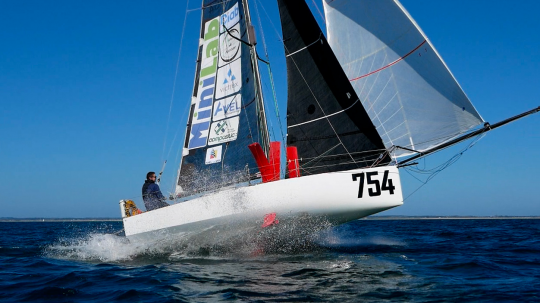
Following laboratory tests, the first foils made from thermoplastic materials are now entering a decisive phase of validation at sea. The main structure is made from recyclable materials developed by Victrex, while the central foam is supplied by Diab. The whole assembly was machined by SMM Composites and fitted with on-board electronic sensors supplied by Pixel sur mer.
The aim of the tests is to evaluate the mechanical strength, deformation and durability of these innovative materials, exposed to extreme stresses at sea. The ComposiTIC technical platform and IRMA (Institut Régional des Matériaux Avancés) have played a key role in the development of these materials and the prior validation of their properties in the laboratory.
A demonstration expected during the Mini Transat 2025
The Mini Transat 2025, scheduled to start on September 21, will serve as the ultimate test. This 4,000-mile single-handed transatlantic race between Les Sables-d'Olonne and Guadeloupe will put the foils under continuous stress, in a variety of weather conditions. It will be an opportunity to definitively validate their robustness, dynamic behavior and long-term efficiency.
The choice of this event is not insignificant: the Mini Transat, the laboratory of ocean racing, is renowned for its demanding standards and its ability to reveal the boldest innovations.
An open, collaborative approach
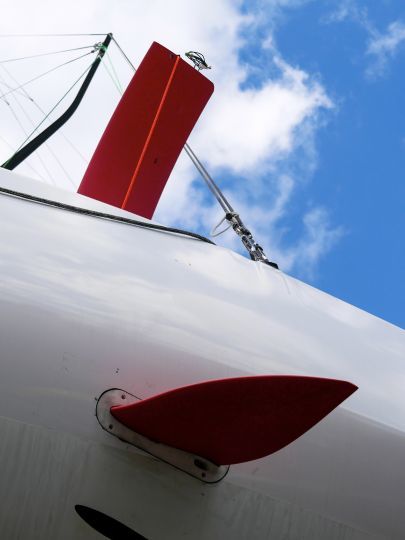
Minilab is based on a model of collaboration between public research, industry and the nautical sector. Supported by Carnot MICA via the Drift 1 program, this project mobilizes a wide range of skills, from materials design to implementation and on-board instrumentation. The aim is to accelerate the time-to-market for sustainable technologies by pooling know-how.
Beyond sailing, the expected results could be of interest to other industrial sectors, such as aeronautics and shipbuilding, in their quest for recyclable materials and lighter processes.
An ambition for the entire industry
With Minilab, Adrien Marchandise and his partners aim to show that the ecological transition is possible, even in a field as demanding as ocean racing. The project illustrates how the quest for performance can be accompanied by a reduction in environmental impact, provided that materials and processes are rethought right from the design phase.
At a time when the marine industry is undergoing a shift towards greater sustainability, Minilab could well open up a new path, where technological innovation and environmental responsibility go hand in hand, without compromising performance.

 /
/ 